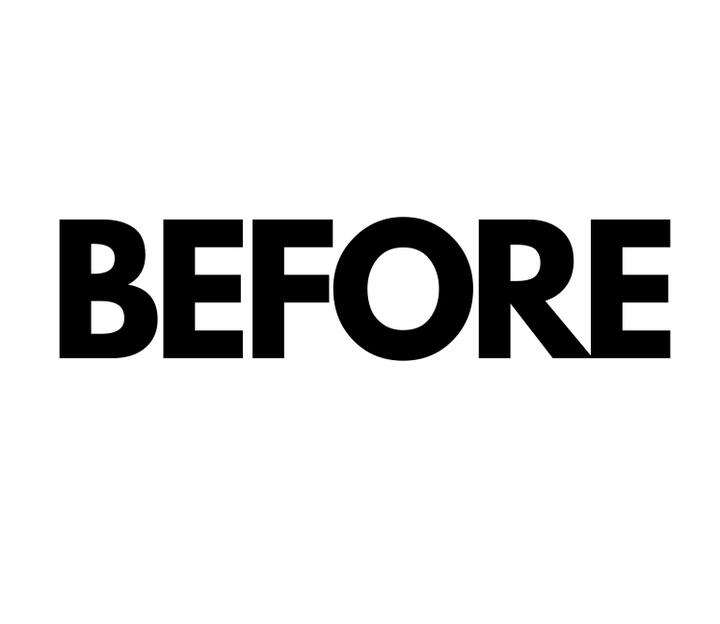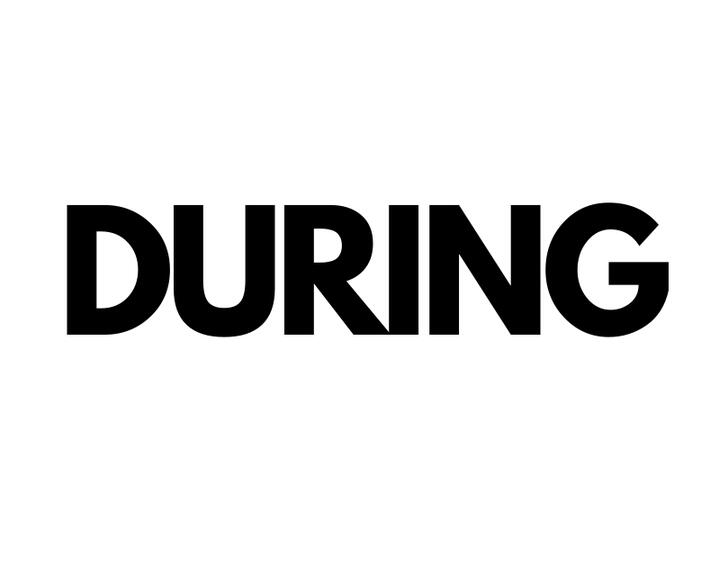Easy Erasmus

ERASMUS + projects
If you have found yourself on our webpage is, we suppose, because you are interested in learning more about ERASMUS + projects. Here we will try to give you all the needed information about different Erasmus + projects, how to apply and what are the most important things you need to know.Erasmus+ is the EU's programme to support education, training, youth and sport in Europe. It has an estimated budget of €26.2 billion. This is nearly double the funding compared to its predecessor programme (2014-2020). The 2021-2027 programme places a strong focus on social inclusion, the green and digital transitions, and promoting young people’s participation in democratic life.It supports priorities and activities set out in the European Education Area, Digital Education Action Plan and the European Skills Agenda. The programme also supports the European Pillar of Social Rights implements the EU Youth Strategy 2019-2027 develops the European dimension in sport.
KEY ACTION 1
The idea: Key Action 1 aims to encourage the mobility of students, staff, youth workers, and young people. Organisations can arrange to send or receive students and staff to or from participating countries, as well as organise teaching, training, learning activities.Who is it for: Organisations can send or receive students, and staff to or from participating countries. Staff can teach or train abroad, whereas students and doctoral candidates can do a traineeship or part of their studies abroad.How to apply:
Deadlines in 2021: 7.9.21, 5.10.21, 19.10.21
Erasmus + programme guide 2021: https://ec.europa.eu/programmes/erasmus-plus/resources/documents/erasmus-programme-guide-2021_en
Good practices:
Text
Text
Text
Eurydice Network – provides information on national education policies and systems.
eTwinning – an collaborative online platform for school staff that also provides tools, support, and services.
EPALE – The Electronic Platform for Adult Learning in Europe is a community for staff and professionals involved in the sector.
Network of Higher Education Reform Experts – supporting policy development and dialogue, communicating on Erasmus+ projects, and providing training and counselling in partner countries.
Euroguidance – a network of national resource and information centres for practitioners and policymakers active in education and employment.
National Academic Recognition Information Centres (NARIC) –providing information on the recognition of diplomas and periods of study abroad, as well as advice on studying abroad.
SALTO-Youth Resource Centres – providing youth work, training and networking resources and activities, supporting Erasmus+ projects, and hosting an Erasmus+ partner-finding tool.
Eurodesk network – offering information services to young people on education, training, and youth opportunities.
Youth Wiki – provides information on national structures, policies and actions supporting young people.
Text
Step 1: Register the organisation
Step 2: Check the compliance with the programme criteria:
When developing their project and before applying for EU funding, participants must verify that they and their project respect the following criteria: admissibility, eligibility, exclusion, selection and award.
Step 3: Check the financial conditions
Step 4: Fill in and submit the application form
Text
Text
Text





